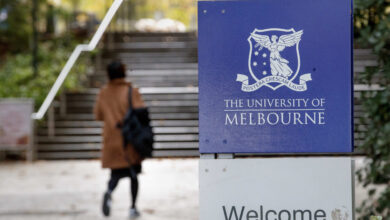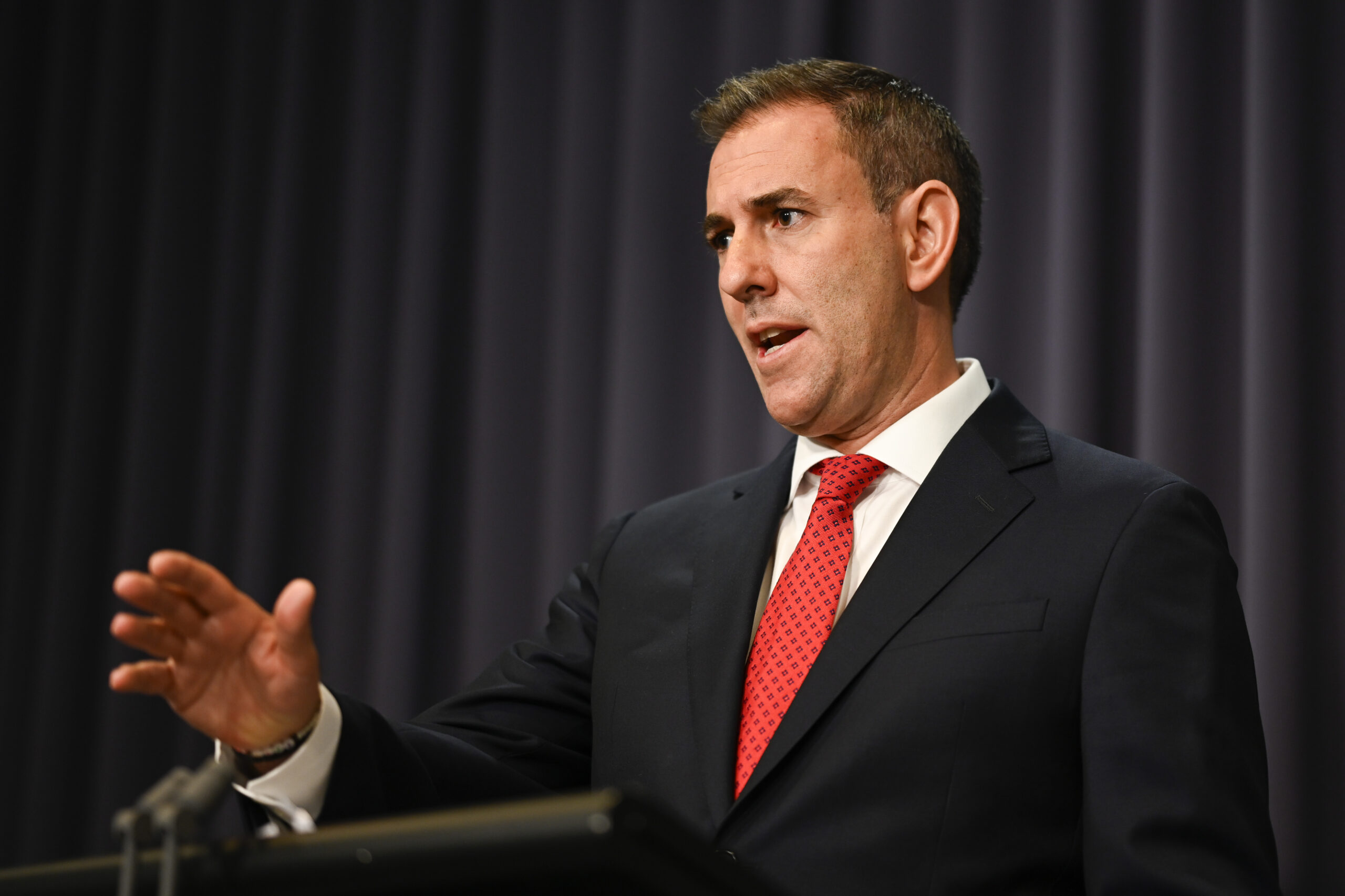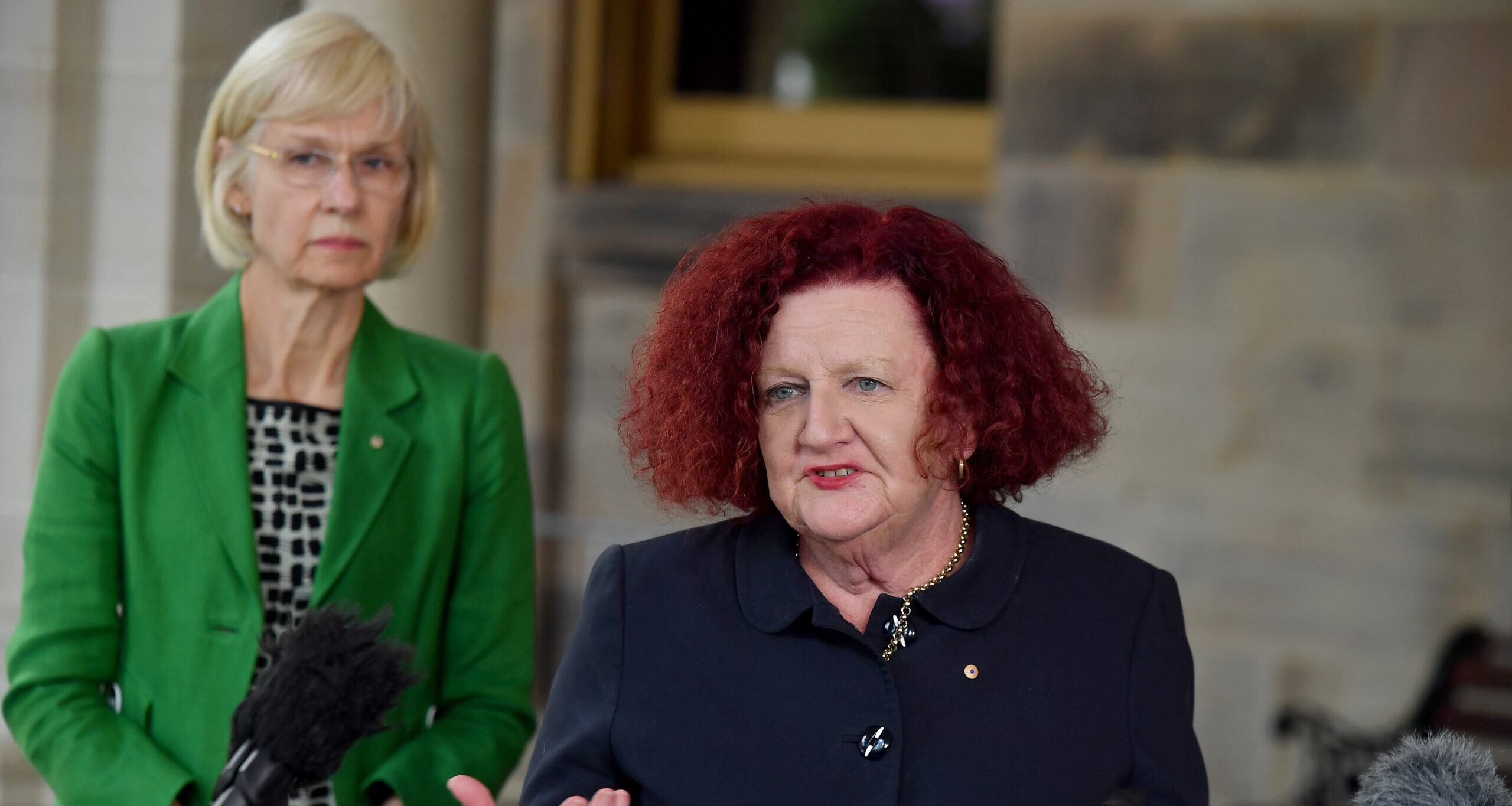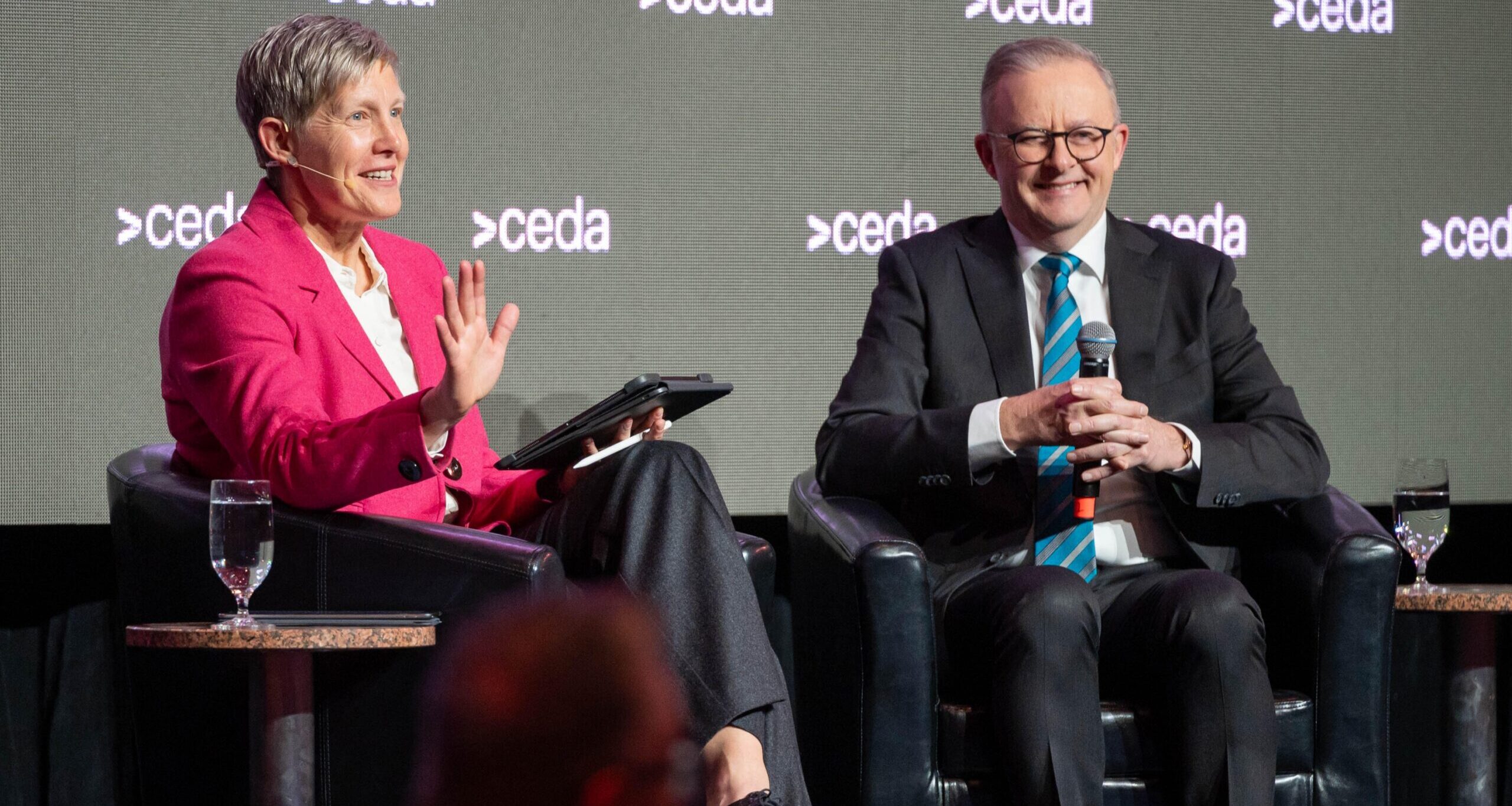Last word
The truth, the whole truth and nothing but the truth – except in exceptional caseshing I studied, but if I was to speculate based on gender research in other projects, I would suggest that women are more relational beings and naturally more in tune to physical cues. This gives them an advantage because they can use that knowledge to manipulate the truth or detect lying.” Honesty, however, is not always the best policy. In cases involving, say an impending disaster, some people prefer to be lied to. When Jehn discovered this in her research, she first thought she was asking the wrong sort of question or that she had interpreted the data incorrectly, then she realised it’s a personality difference. Some people prefer not to know if the truth involves something that’s hazardous or dangerous. Others want to know. Jehn added, “I would want to know in case I want to dance on the seat or have my last drink.” But she admits that in an aeroplane that’s about to crash, it would be difficult to evaluate who to tell and who not to tell. Therefore, she advises honesty is generally always the best policy.
Please login below to view content or subscribe now.





